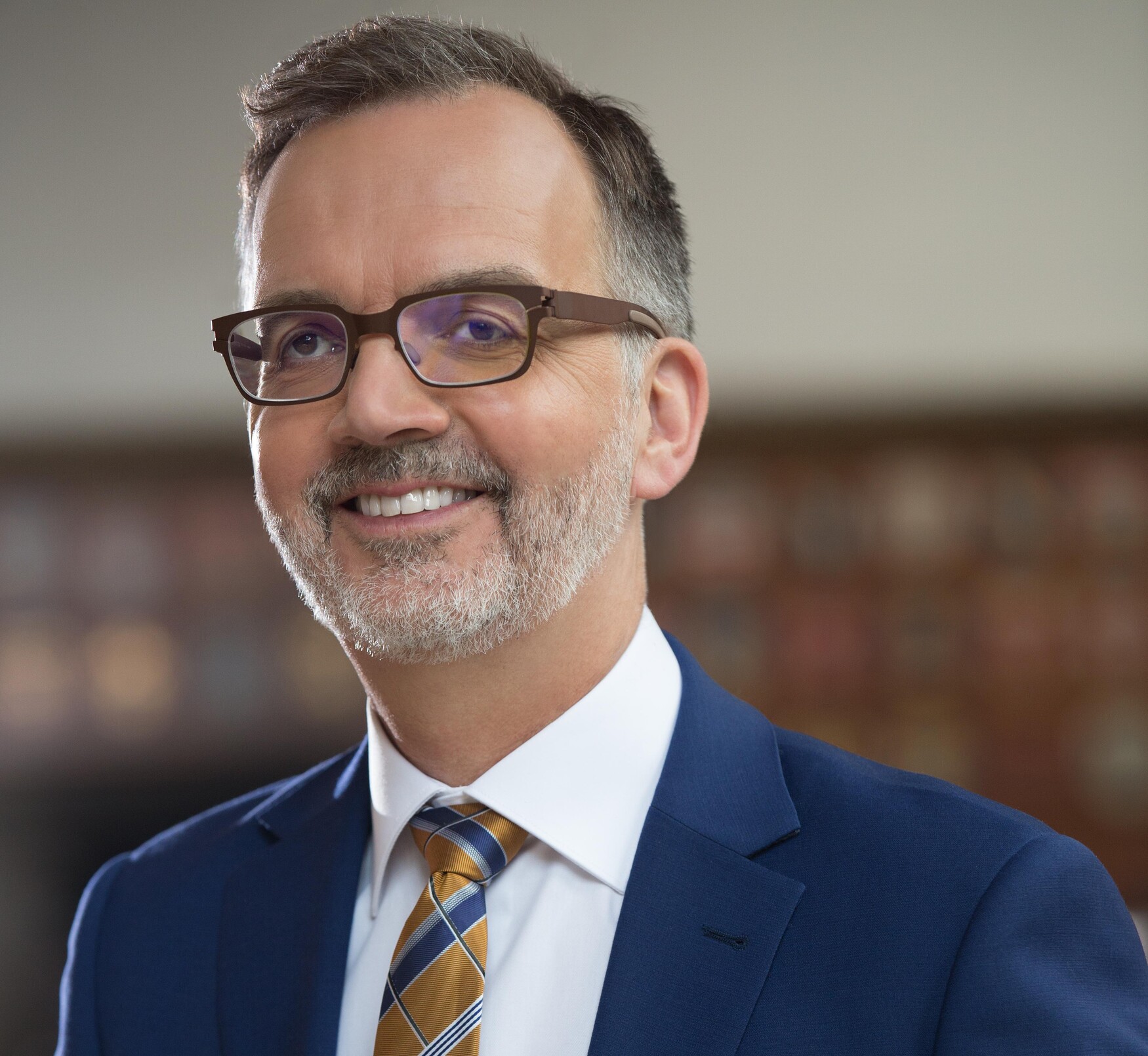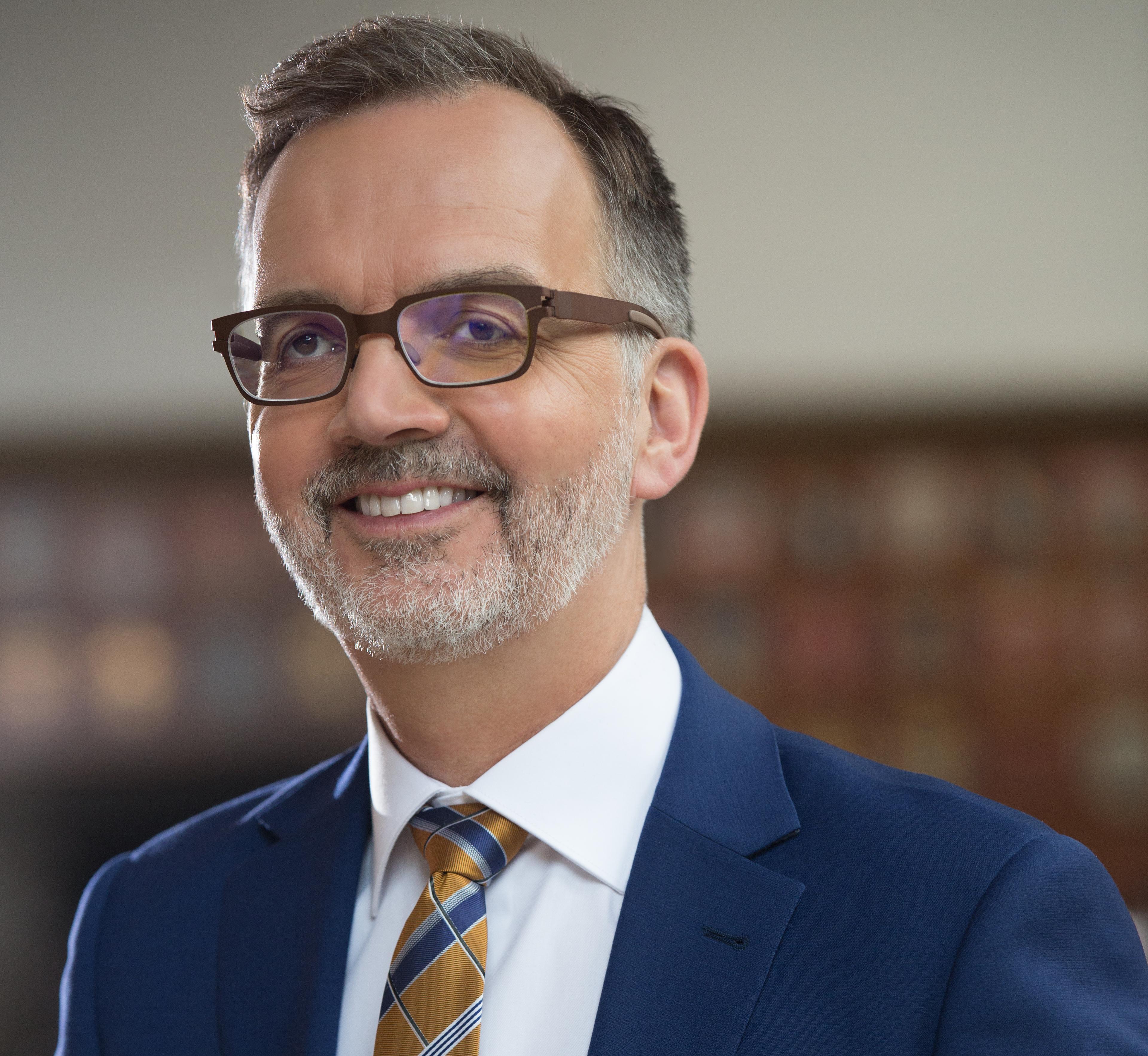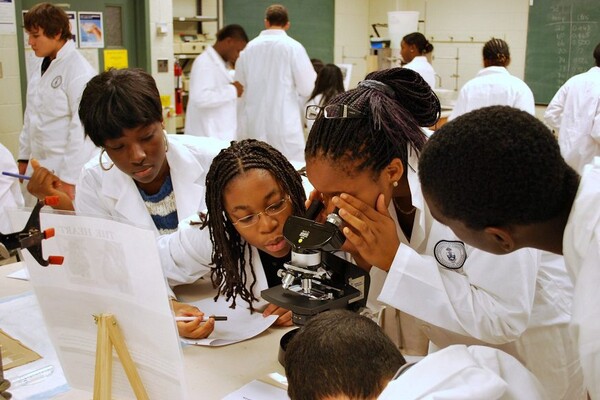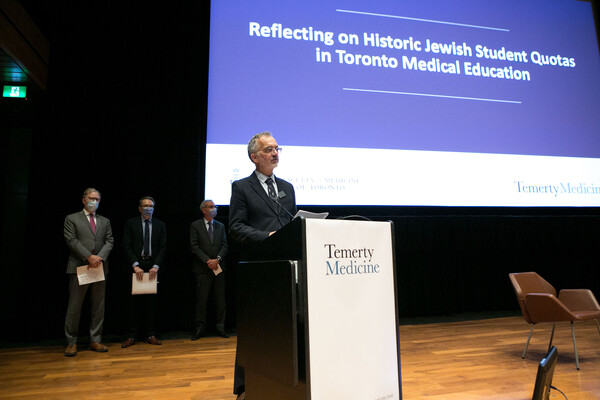Mobile Menu
- Education
- Research
-
Students
- High School Outreach
- Undergraduate & Beyond: Community of Support
- Current Students
- Faculty & Staff
- Alumni
- News & Events
- Giving
- About

 This week brought news on COVID-19 in Ontario that was both encouraging and disconcerting. Community spread may have peaked in this first wave of the pandemic, thanks to widespread physical distancing and heroic efforts by Ontarians on and behind the front lines. But in long-term care homes, shelters and other congregate settings, the disease continues to move quickly.
This week brought news on COVID-19 in Ontario that was both encouraging and disconcerting. Community spread may have peaked in this first wave of the pandemic, thanks to widespread physical distancing and heroic efforts by Ontarians on and behind the front lines. But in long-term care homes, shelters and other congregate settings, the disease continues to move quickly.
This contrast highlights the risk COVID-19 presents among the most vulnerable and marginalized: seniors, those with pre-existing health conditions, health professionals and essential workers, people experiencing homelessness, those with low incomes, and Black and Indigenous Canadians, to name a few. And it underscores how much work there is to do — as a society and as a faculty of medicine — to address the systemic failures this pandemic has starkly exposed.
Ontarians in long-term care have been hit especially hard by COVID-19. Long-term care facilities account for more than half the deaths reported in the province, with outbreaks in multiple homes. Our faculty have provided perspective and expertise on this issue, including Professors Samir Sinha, Kerry Bowman and Isaac Bogoch, and many are working with the province to mitigate the risk — through policy that limits staff to work in one facility, deployment of health professional ‘SWAT’ teams and increased testing capacity. Another inspiring example is from University Health Network, whose physicians and nurses volunteered this past weekend at a long-term care home struggling with staff shortages.
People who use the shelter system in Ontario are also at higher risk, especially in Toronto. At least 14 homeless shelters in Toronto have outbreaks of COVID-19, with more than 100 cases. The potential for rapid spread throughout the system and beyond is large. Professors Nanky Rai, Ritika Goel, Naheed Dosani, Stephen Hwang and many others have advocated for solutions, including more testing, enforced physical distancing and the use of more hotels for the under-housed. And many of our faculty and learners have helped set up dedicated isolation and recovery sites.
Black and Indigenous Canadians also face heightened challenges in this pandemic. Recent reports from the U.S. show that Blacks are much more likely to die from COVID-19 than other Americans, but in Canada we do not have good sense of this problem due to a lack of race-based health data. Professors Kwame McKenzie, Andrew Boozary, Onye Nnorom, Anna Banerji and others have called out the issue of race and data on COVID-19, and Professor Andrew Pinto’s lab addressed this issue last week with a helpful infographic and short report. We learned yesterday that Toronto Public Health has begun planning to collect COVID-19 data on race.
People of Chinese and East Asian descent have experienced harassment and discrimination around the world during the COVID-19 pandemic. Professor Lisa Robinson and our Office of Inclusion and Diversity are working hard to raise awareness on this problem, with regular messaging and support for the #WashTheHate campaign, led in Toronto by medical student Steven Cho. The office continues to offer virtual events on equity and anti-racism, and is a great point of first contact for any faculty, learners or staff who have experienced or witnessed discriminatory behaviour.
Finally, the University just announced the grant recipients of the Toronto COVID-19 Action Fund, which will support 31 research projects with $8.4 million. Several of these projects will address issues of equity and COVID-19, including one on control of outbreaks in long-term care led by Professor Allison McGeer, a study that involves the experiences of marginalized people by Professor Ahmed Bayoumi, and rapid implementation of a shared COVID-19 tracking and response platform for Indigenous populations, led by Professor Janet Smylie.
The COVID-19 pandemic is a collective challenge. We have a responsibility to address it and to learn from it, through allyship and a stronger focus on those it affects the most.
Trevor Young
Dean, Faculty of Medicine
Vice Provost, Relations with Health Care Institutions


